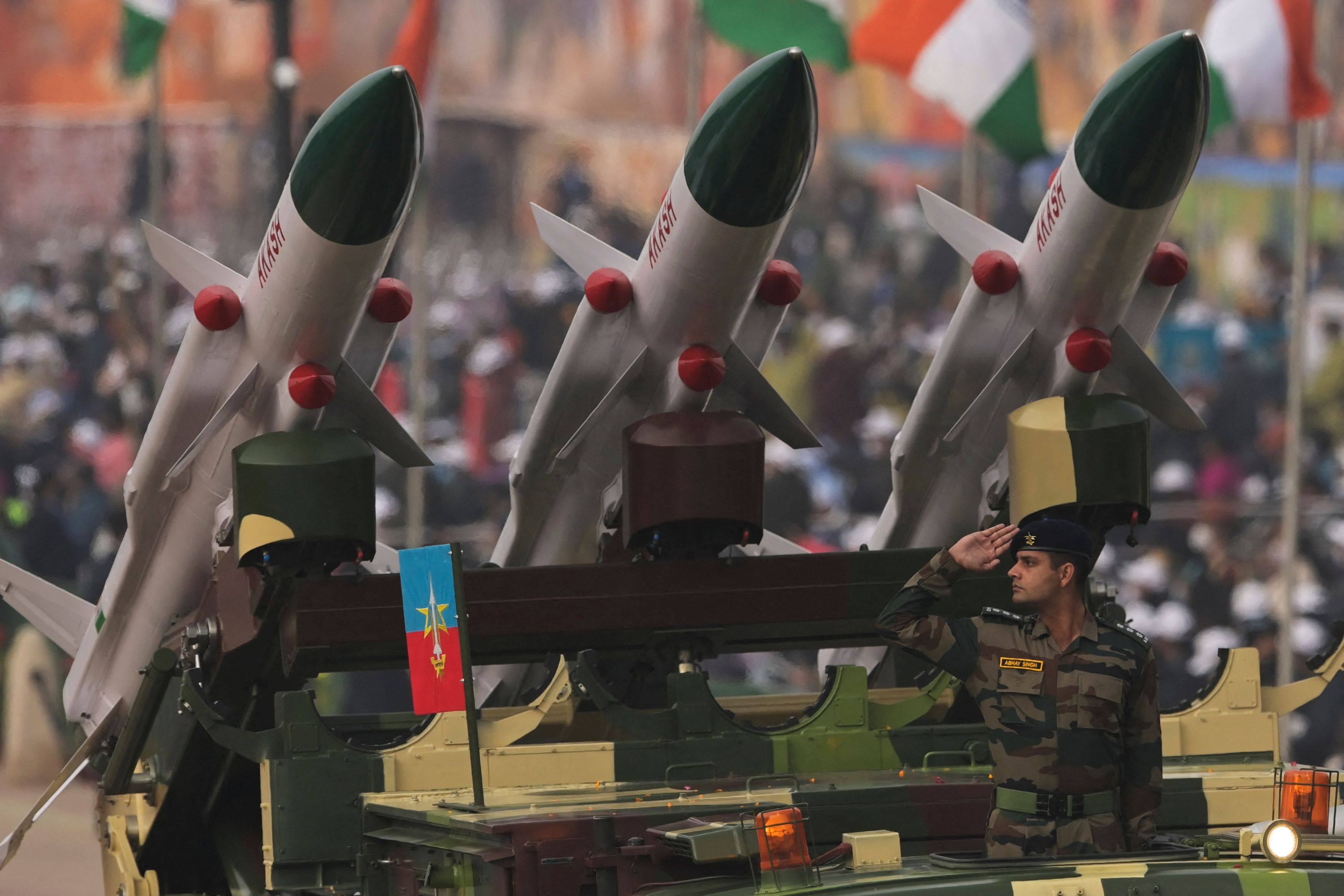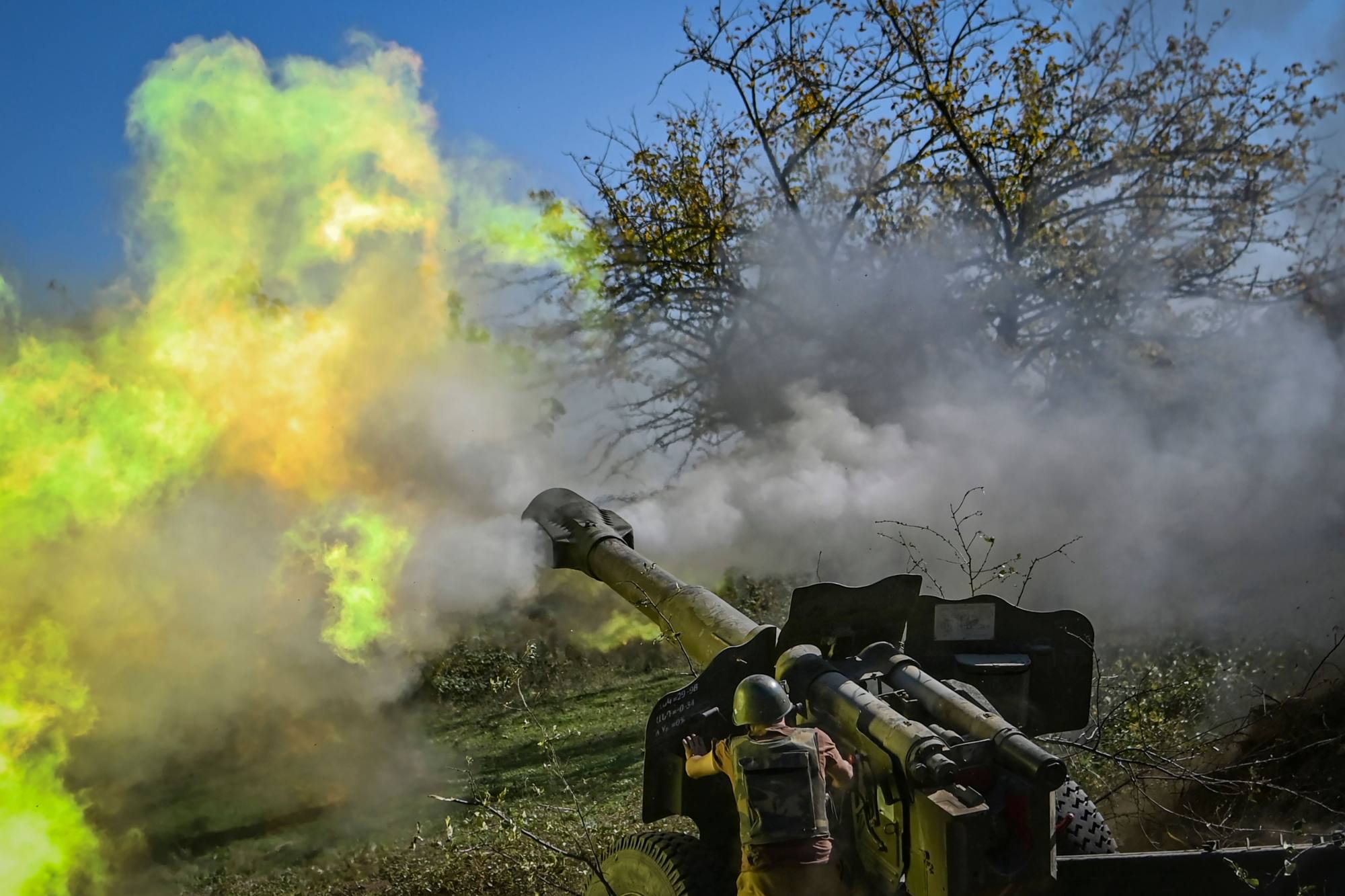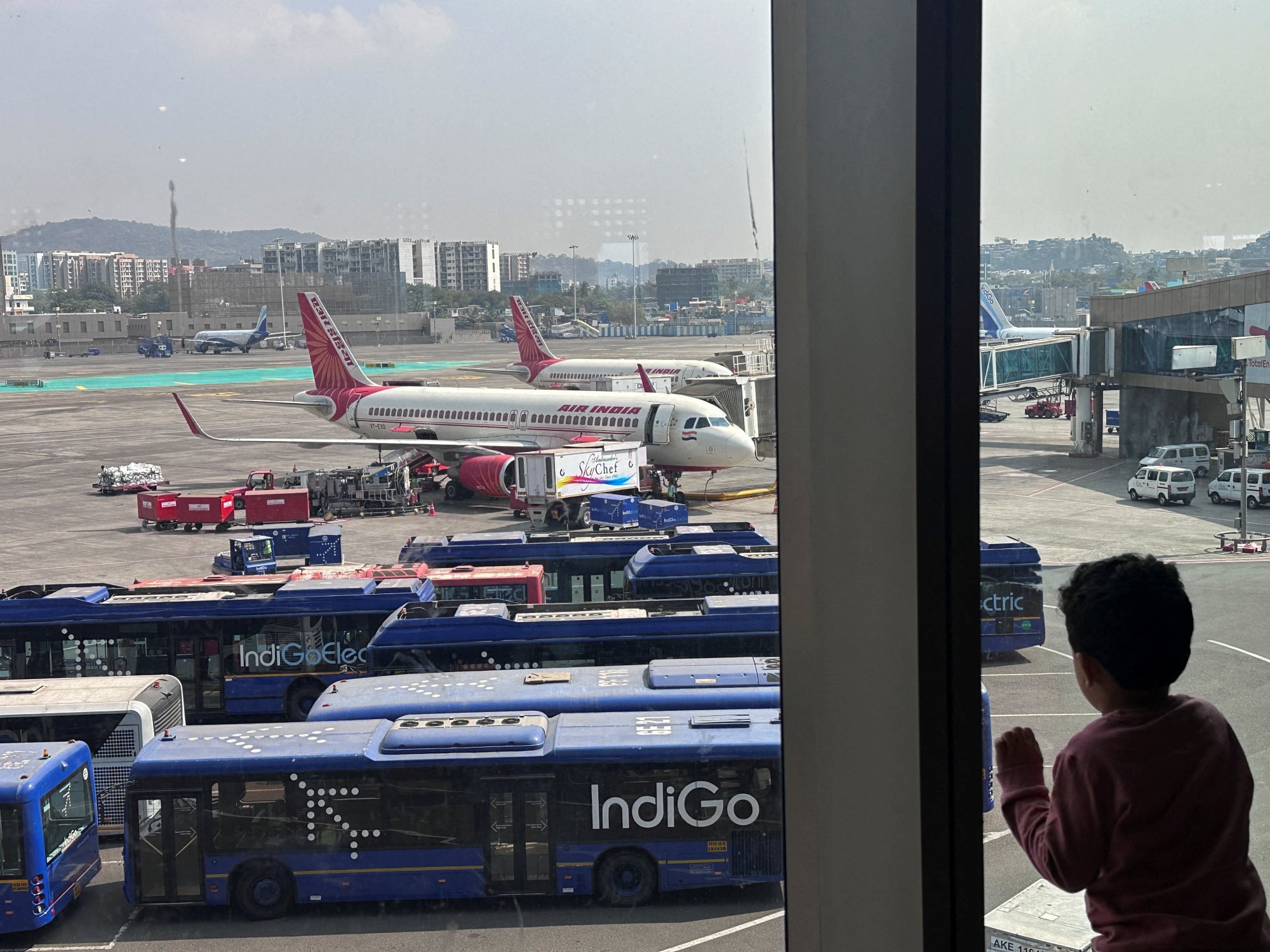Why India is boosting arms sales to Armenia amid Pakistan, Turkey tensions
India’s move is seen as an effort to counter a growing strategic alignment between Turkey, Azerbaijan and Pakistan

India is reportedly accelerating arms sales to Armenia in what analysts view as part of a broader effort to counter the growing strategic alignment between Turkey, Azerbaijan and Pakistan – a trilateral partnership that has challenged New Delhi’s regional interests and openly backed Islamabad in the wake of their recent cross-border flare-up.
Defence ties between Delhi and Armenia’s government in Yerevan have grown steadily since 2020, fuelled by shared strategic interests and the West Asian nation’s gradual pivot away from Russia, its traditional arms supplier. Indian analysts say the shift highlights a deeper geopolitical rivalry emerging across Eurasia, where alliances are increasingly being redrawn in the wake of the Ukraine war and other regional conflicts.
Turkey and Azerbaijan swiftly voiced support for Pakistan after India launched air strikes – code-named Operation Sindoor – targeting nine suspected militant camps across the border, in retaliation for an attack that killed 26 tourists in Indian-administered Kashmir. Islamabad has denied Delhi’s accusations of supporting the militants.
“India’s relations with Turkey and Azerbaijan are not great,” said Rajan Kochar, a senior adviser at Indic Researchers Forum, a Delhi-based security think tank. “Therefore, any arms sales to Armenia are unlikely to affect our relations with them, especially so when both nations have openly sided and abetted Pakistan against India in the recent Operation Sindoor.”

India is planning to deliver a second batch of Akash-1S surface-to-air missile systems to Armenia under a 2022 treaty, along with a broader range of weapons including howitzer guns and Pinaka multiple launch rocket systems, according to media reports. The first batch of missiles was sent in November last year.
Russia was Armenia’s largest arms supplier for years but the relationship has been negatively affected by Yerevan not openly supporting Moscow in its war against Ukraine, experts say. Since then, India has emerged as a large supplier of weapons to Armenia.
Chris Blackburn, a London-based independent political analyst, said India’s missile sales appeared to be a direct response to Turkish President Recep Tayyip Erdogan’s recent show of support for Pakistan and his criticism of countries arming Armenia.
Russia, however, was unlikely to object to India’s growing defence ties with Armenia, Blackburn said. “I doubt Russia will feel its nose is being pushed out by India.”
India and Russia have traditionally been allies and Delhi deployed Russian-made S-400 missile systems on its borders with Pakistan, which were credited with protecting Indian cities in its northern and western regions from Pakistani air strikes.
India has accused Pakistan of deploying Turkish drones during the conflict, fuelling a public backlash.
Indian consumers and businesses have already launched a campaign to boycott Turkish and Azerbaijani products and cancelled travel plans to the two countries, which in recent years have emerged as popular destinations for holidays and wedding celebrations.
Earlier this month, India barred Turkish firm Celebi from operating at its airports, citing security concerns.

“Arming Armenia must be seen alongside the cancellations of a Turkish airport operator and summer vacations by Indians in Turkey and Azerbaijan,” said Uday Chandra, an assistant professor at Georgetown University of government in Qatar.
“This kind of aggressive posturing and diplomacy may not have occurred in similar ways earlier, but Indian Prime Minister Narendra Modi’s government is keen to seize this as India’s 9/11 moment: you’re either with us or against us. I think the West gets the message.”
India has been negotiating a bilateral trade deal with the United States, the first tranche of which is expected before a meeting of the Quad – an informal grouping of the US, India, Japan and Australia – set to be held in September.
Yet concerns have emerged in India over the US approving the supply of AIM-120C-8 Advanced Medium-Range Air-to-Air Missiles (AMRAAMs) to Turkey earlier this month, potentially complicating ties with Delhi against the backdrop of Turkish support for Pakistan.
Opinions are divided over whether Washington’s US$225 million deal – which marks an attempt by the two Nato allies to reset strained relations and strengthen trade and military cooperation – would have any significant bearing on India.
“The green lighting of US AMRAAM missile acquisitions by Turkey could have a material bearing on South Asian and wider IOR [Indian Ocean Region] security calculus, with no apparent fetters on allowing for the potential reckless funnelling of cutting-edge weapons” in arming a state like Pakistan, said Dattesh Parulekar, an assistant professor at Goa University’s School of International and Area Studies.
“Far from defusing triggers for war, this possibly injects an escalatory medium into armed preparedness,” he said.
However, Chandra said Trump’s approval of the AMRAAM sale to Turkey was probably more about humouring Erdogan than any other strategic calculation affecting India.
Analysts note that India’s partnership with Armenia has broader strategic implications beyond improving Yerevan’s defence capabilities.
It allows India to expand its influence in the South Caucasus, where it faces opposition from Turkish and Pakistani alliances that support Azerbaijan, thereby strengthening Delhi’s position as a major player across Eurasia. It also places greater emphasis on the importance of a proposed International North-South Transport Corridor, which aims to connect India with Europe through Armenia and Iran.
Priyajit Debsarkar, a London-based author specialising in South Asia, said India’s arms sales would definitely boost the capacity and capability of Armenia’s defence system, noting that the Indian military had been able to effectively thwart a barrage of attacks by Turkish-made drones.
However, he said it was too early to tell whether the Turkey-Azerbaijan-Pakistan alliance would prevail or if the India-supported defence systems in Armenia would prove more effective.